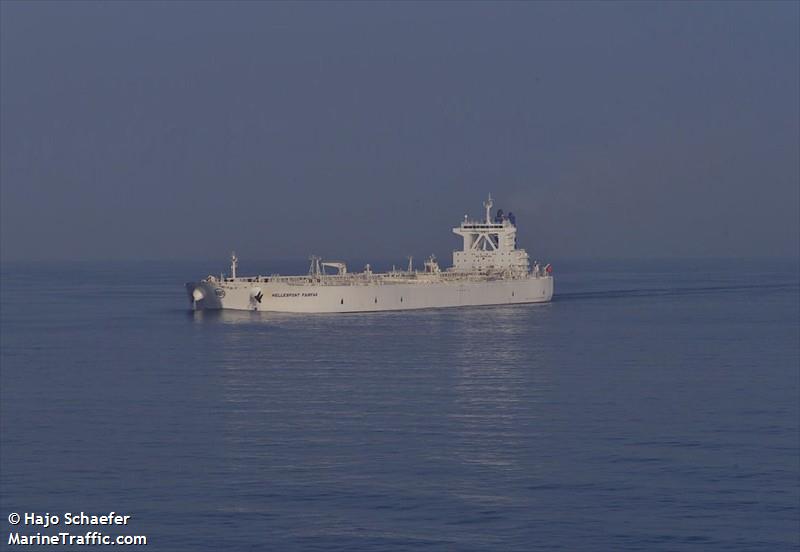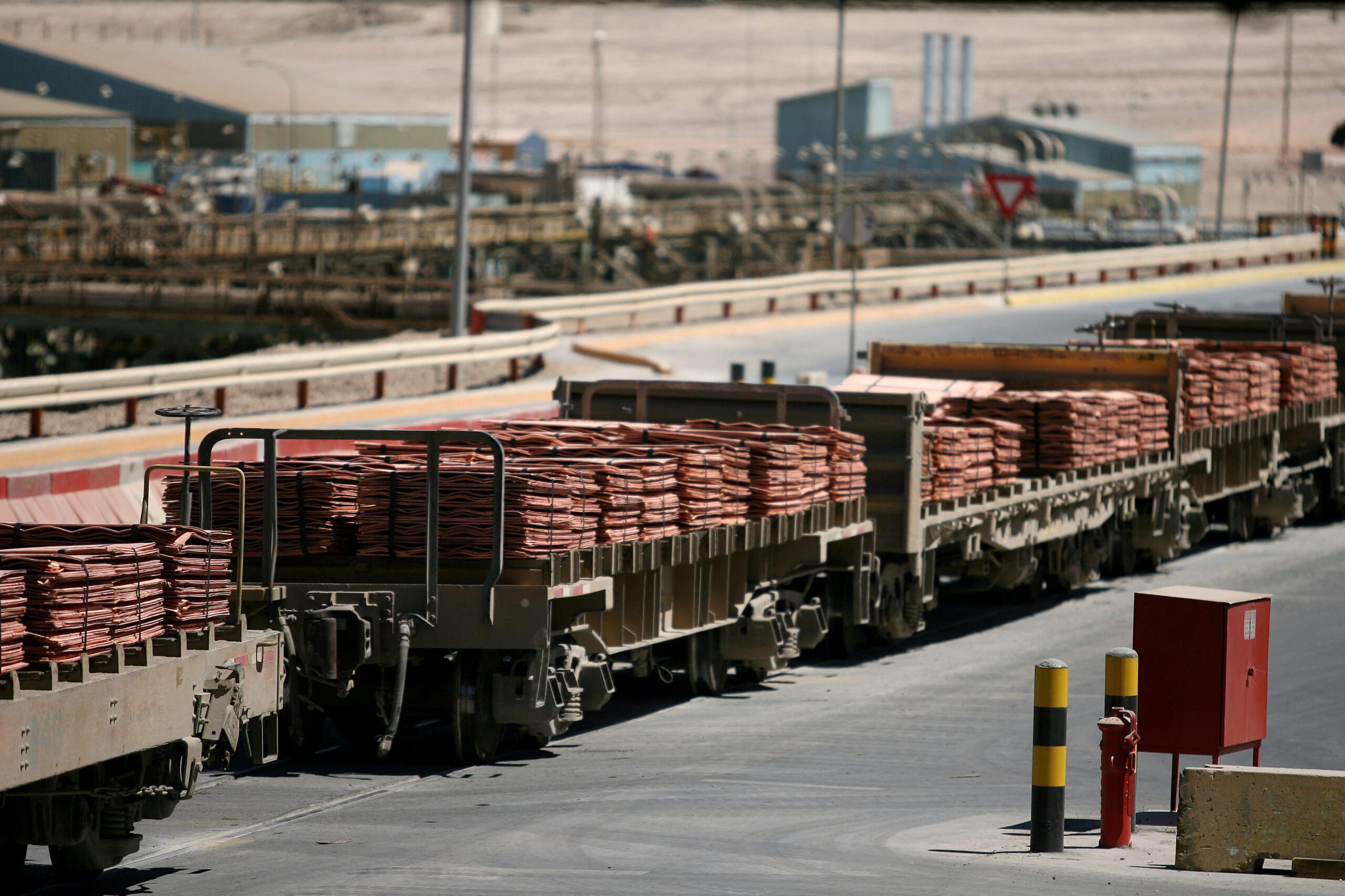 By Jonathan Saul
By Jonathan Saul
LONDON, Jan 13 (Reuters) – Some of the world’s biggest oil traders have booked supertankers to store at least 25 million barrels at sea in recent days, seeking to take advantage of the crash in crude prices and make a profit down the line.
Floating storage levels are expected to increase further in coming weeks as trading companies adopt a strategy that was last used in 2009 when prices slumped and led to over 100 million barrels of oil being parked on tankers at sea before stocks were sold off.
The play is also driving up tanker hire rates, and shipping firms have seen their share prices surge in recent days.
In the past week, trading firms including Trafigura , Vitol, Gunvor, Koch and energy major Shell have started booking oil tankers for floating storage for up to 12 months, according to ship industry sources and freight bookings seen by Reuters.
At least 11 very large crude carriers (VLCCs) have been reported as booked with storage options, rising from around five vessels at the end of last week. Each VLCC can hold 2 million barrels.
Separately, the Ti Oceania – one of the world’s biggest oil ships, known as an ultra-large crude carrier, with a 3 million barrel capacity – has been booked by trader Vitol to store oil, the data and market sources say.
That means at least 25 million barrels are currently estimated as being earmarked for floating storage. Some of the tankers could nonetheless still be used for conventional oil transportation.
Shell, Trafigura, Vitol and Gunvor all declined to comment. Koch could not be immediately reached for comment.
The strategy works because oil prices for delivery in the future are trading at a premium to those in the spot market – a market structure known in the industry as contango – with investors expecting prices to eventually recover from the near 60 percent slide in oil in the last seven months.
International benchmark Brent crude has fallen to just above $45 a barrel, near a six-year low, having averaged $110 between 2011 and 2013. Contracts for delivery in December are above $56.
“Should this widening contango trend continue, we expect more charterer interest for hiring VLCCs as floating storage,” said analyst Omar Nokta of Clarkson Capital Markets.
But despite the attraction, the costs involved prohibit all but the biggest players.
Taking into account vessel hire and other expenses including bunker fuel and insurance, overall monthly costs are estimated anywhere in the region of $1.5 million per tanker.
TANKER MARKET UPSIDE
After years in the doldrums, due to a glut of ships and soft demand, tanker rates have been strengthening in recent months helped by firmer bookings and slower fleet growth.
Rates have accelerated sharply this month as oil traders also eat up capacity.
Big shipping groups like Frontline, Tsakos Energy Navigation and DHT Holdings have seen their share prices surge this month, helped by the overall positive market momentum.
Average daily earnings for VLCCs have risen to over $84,000 a day, from around $63,000 at the beginning of the year – not far off levels of over $100,000 a day seen before the tanker market slump in 2008.
Industry players say rates to hire vessels for longer periods – known as time charters – have risen by a few thousand dollars a day in the past week to over $40,000 a day, and are almost double the level at the same time last year.
With the wave of time charter bookings in recent days, rates are likely to rise further, market sources say.
Many of the ships currently being deployed for floating storage are older and less fuel-efficient vessels, which oil companies are less keen on using to transport crude. At least three are over 15 years old. By using older vessels, oil traders have been able to hire VLCCs for less than $40,000 a day.
Tanker owners have also preferred to trade their more modern ships rather than opt for floating storage as vessels normally deteriorate when kept stationary.
On top of rate rises, using older vessels for storage is seen as a boon for tanker owners.
“Every vessel that is removed from trading and tied up in floating storage would be positive for the crude tanker market balance – supporting earnings over the next months,” said Arctic Securities analyst Erik Nikolai Stavseth.
(Additional reporting by David Sheppard; Editing by Pravin Char)
© 2015 Thomson Reuters. All rights reserved.

 Join The Club
Join The Club











